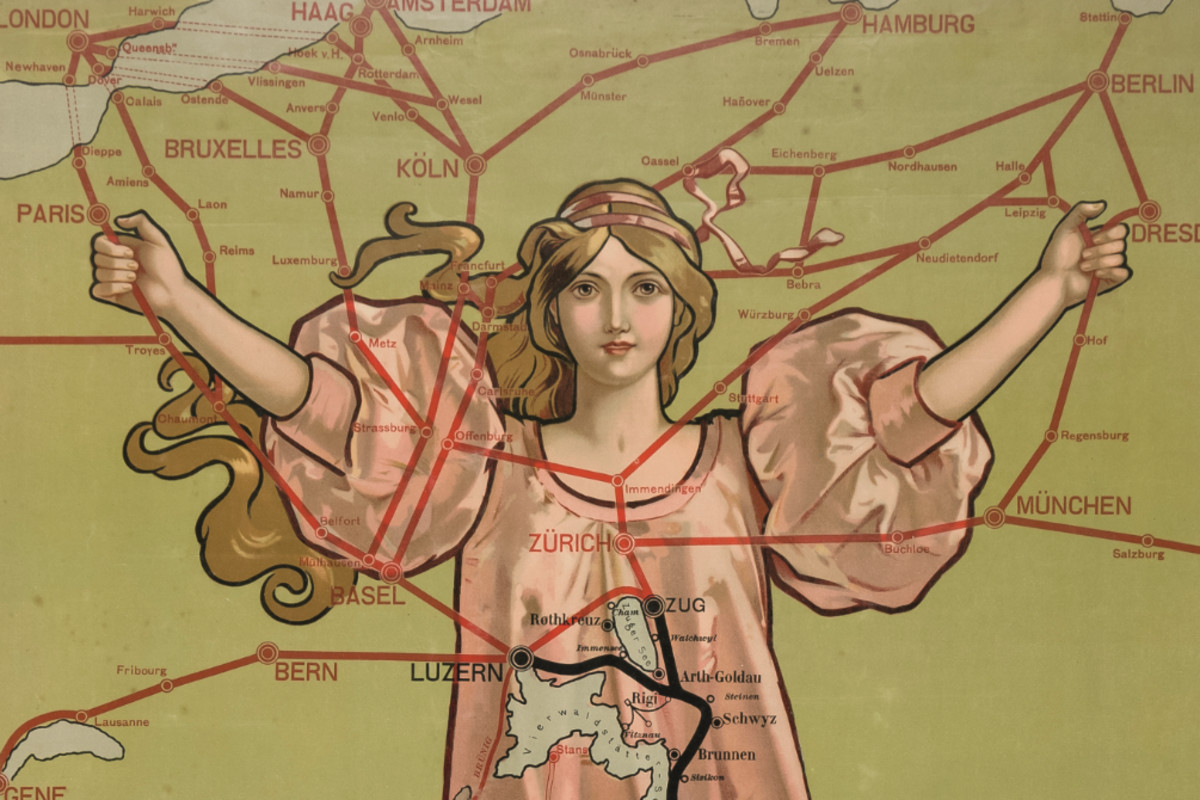The invention of trains in the nineteenth century in Europe contributed to industrialisation and urbanisation and gave people the ability to travel around quickly and reach different countries. As railroads began to cross borders, long distance travel became possible across all social classes, resulting in mass transit, migrations and tourism.
How did the invention of the railway transform space and time? What was the role of trains in the emancipation of women in the nineteenth century? Can rail transport play a part in today’s fight against global warming?
During this online debate, researchers, historians and scholars will explore these topics and will look at the social, economic and cultural impact of trains and railways on European societies and mentalities, from the second half of the nineteenth century to the present day. Join us for a lively discussion and take part in the debate with your own questions and comments.
Featured guest speakers
- Andrea Giuntini - Associate professor of Economic History, University of Modena and Reggio Emilia
- Anna Despotopoulou - Professor in English Literature and Culture at the National and Kapodistrian University of Athens
- Jan Musekamp - Visiting associate professor at the University of Pittsburgh/Pennsylvania, Department of History and European Studies Center
- Marie-Noëlle Polino - Responsible for heritage and public history projects at the French national railway
Moderator
Kieran Burns, Curator at the House of European History
Introduction by
Constanze Itzel, Museum Director of the House of European History.
Language
English
Livestreamed via YouTube
